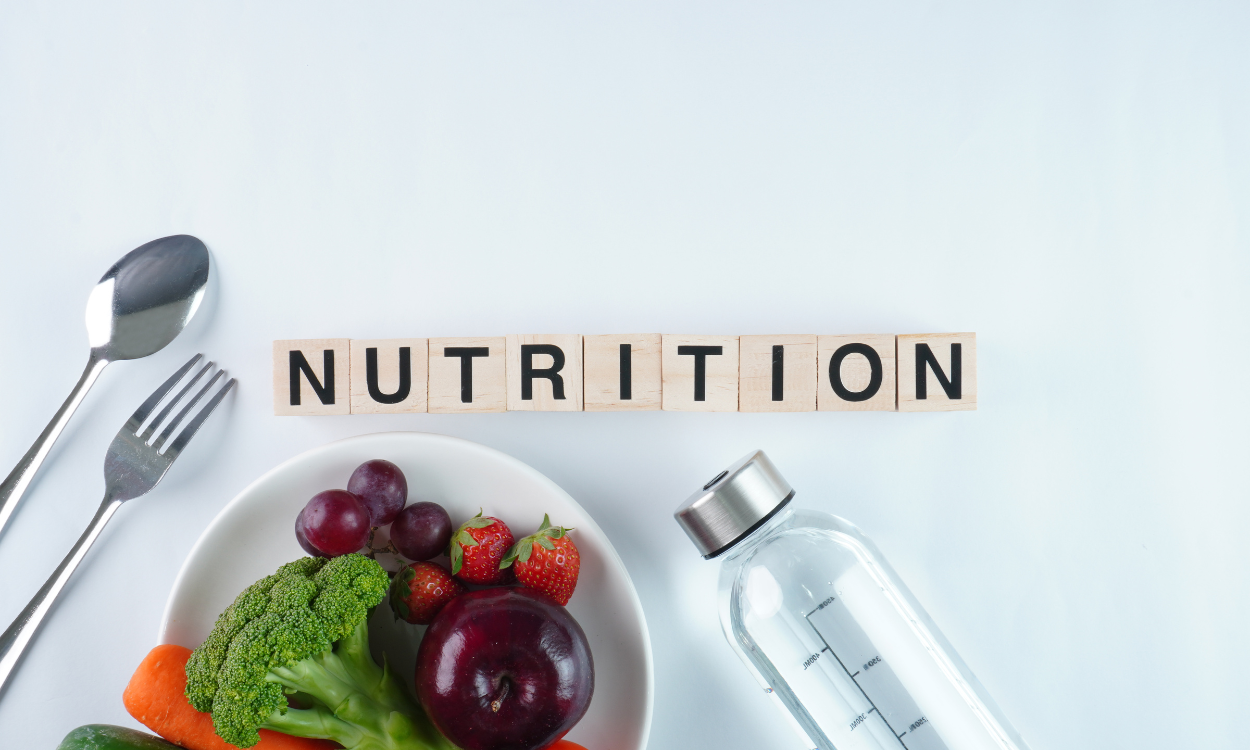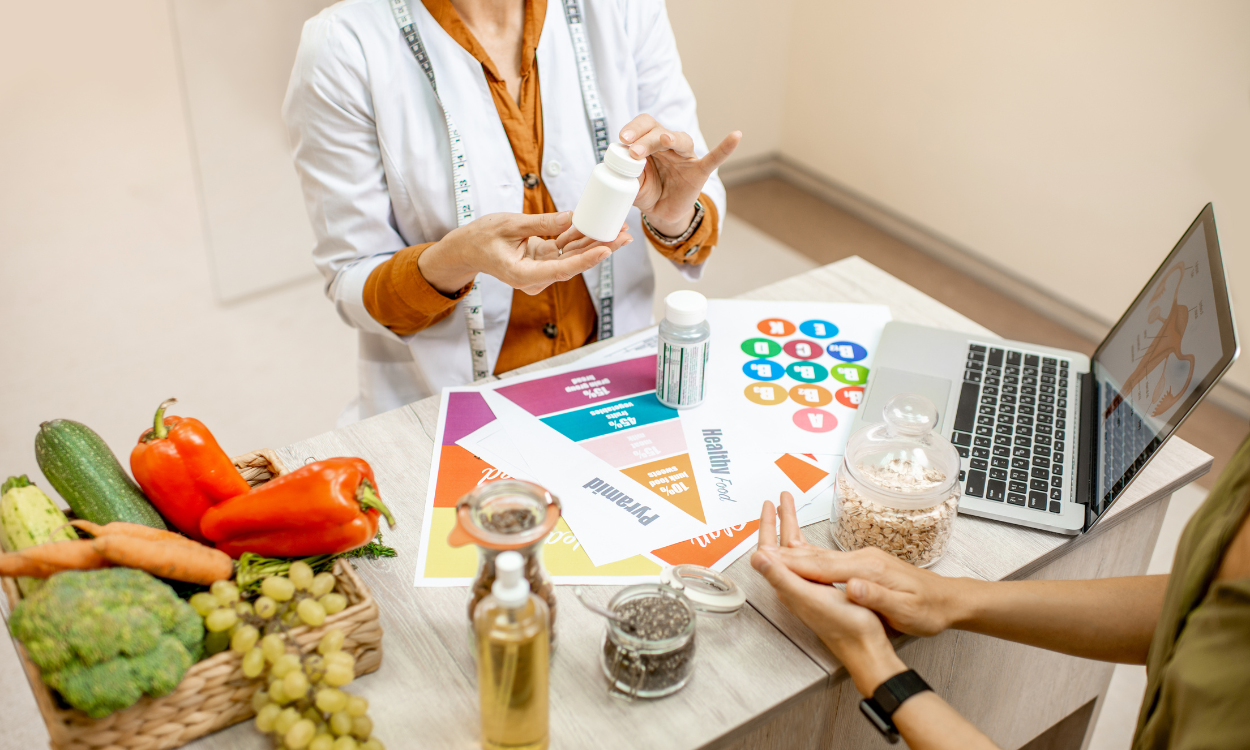Maintaining optimal health and wellness requires a balanced approach that includes both proper nutrition and adequate hydration. These two pillars are essential for ensuring that our bodies function efficiently, support physical activity, and enhance overall well-being. In this blog, we will delve into the importance of nutrition and hydration, their roles in our daily lives, and practical tips to incorporate healthy habits.
The Importance of Nutrition

Nutrition is the process by which our bodies take in and utilize food substances. These substances, known as nutrients, are crucial for various bodily functions, including growth, repair, and energy production. There are six major classes of nutrients: carbohydrates, proteins, fats, vitamins, minerals, and water.
Carbohydrates: These are the body’s primary energy source. Whole grains, fruits, and vegetables are excellent sources of complex carbohydrates, which provide sustained energy.
Proteins: Essential for growth, repair, and immune function. Good sources include lean meats, dairy products, legumes, and nuts.
Fats: Necessary for brain health, hormone production, and energy. Healthy fats are found in avocados, nuts, seeds, and olive oil.
Vitamins and Minerals: These micronutrients support various bodily functions, from bone health to immune response. A diet rich in fruits, vegetables, and lean proteins typically provides adequate amounts.
Water: While often overlooked as a nutrient, water is vital for every cell and organ in the body.
The Importance of Hydration
Hydration is equally crucial, as water is involved in nearly every bodily function. It helps regulate body temperature, transports nutrients and oxygen to cells, removes waste products, and maintains proper organ function. Dehydration can lead to serious health issues, including kidney stones, urinary tract infections, and impaired cognitive function.
How Much Water Do You Need?
The amount of water a person needs can vary based on several factors, including age, gender, weight, climate, and activity level. A general guideline is to drink at least 8-10 cups of water daily. However, active individuals or those living in hot climates may require more.
Tips for Balanced Nutrition
Eat a Variety of Foods: Incorporate different food groups to ensure you get a range of nutrients.
Priorities Whole Foods: Opt for whole grains, lean proteins, healthy fats, and fresh produce over processed foods.
Watch Portion Sizes: Be mindful of portion sizes to avoid overeating, even when consuming healthy foods.
Limit Added Sugars and Salt: Too much sugar and salt can lead to health problems like obesity, diabetes, and hypertension.
Tips for Staying Hydrated

Carry a Water Bottle: Keep a water bottle with you throughout the day to remind you to drink regularly.
Infuse Your Water: Add fruits, herbs, or a splash of juice to your water for flavor without extra calories.
Monitor Your Intake: Pay attention to signs of dehydration, such as dark urine, dry mouth, and fatigue.
Hydrate with Foods: Many fruits and vegetables have high water content and can contribute to your hydration needs.
Conclusion
Achieving optimal health is a balanced act of maintaining good nutrition and proper hydration. By understanding the roles these factors play in our bodies and implementing practical tips, we can enhance our overall well-being, energy levels, and physical performance. Priorities these aspects in your daily routine to lead a healthier, more vibrant life.
FAQ
How can I tell if I’m dehydrated?
Common signs of dehydration include dark urine, dry mouth, dizziness, and fatigue. It’s important to drink water regularly throughout the day to avoid these symptoms.
Are there any specific foods that help with hydration?
Yes, many fruits and vegetables have high water content. Examples include cucumbers, watermelon, oranges, and strawberries. These can contribute to your daily water intake.
Can I get enough nutrients from a vegetarian or vegan diet?
Absolutely! A well-planned vegetarian or vegan diet can provide all the necessary nutrients. It’s important to include a variety of plant-based foods to meet your nutritional needs.
How much water should children drink?
Children’s water needs vary by age, weight, and activity level. Generally, children aged 1-3 need about 4 cups per day, while those aged 4-8 need around 5 cups. Older children and teenagers may need 7-8 cups or more.
Is it possible to drink too much water?
Yes, drinking excessive amounts of water can lead to a condition called hyponatremia, where the balance of electrolytes in your body is disrupted. It’s important to drink water in moderation and listen to your body’s signals.






